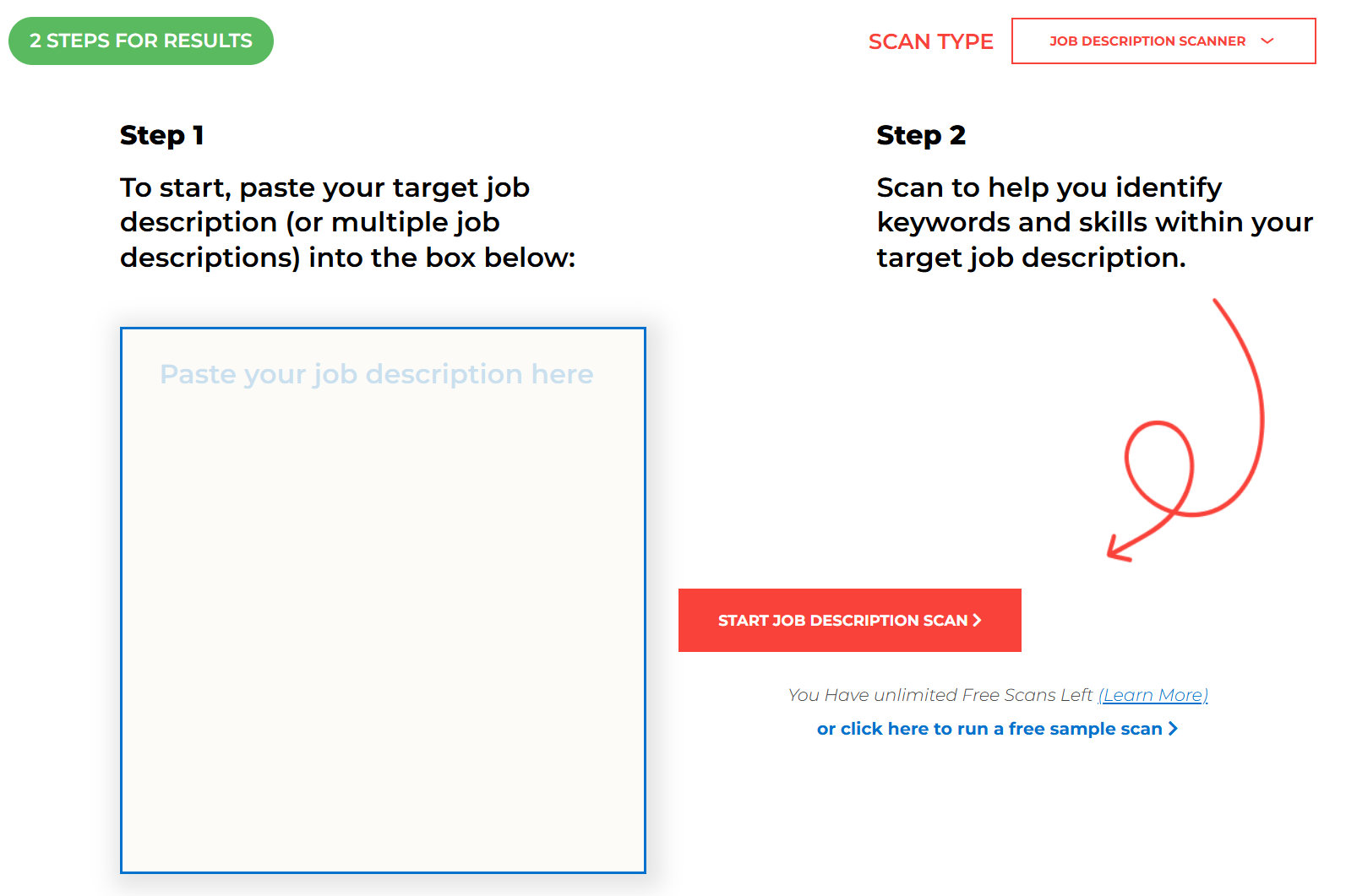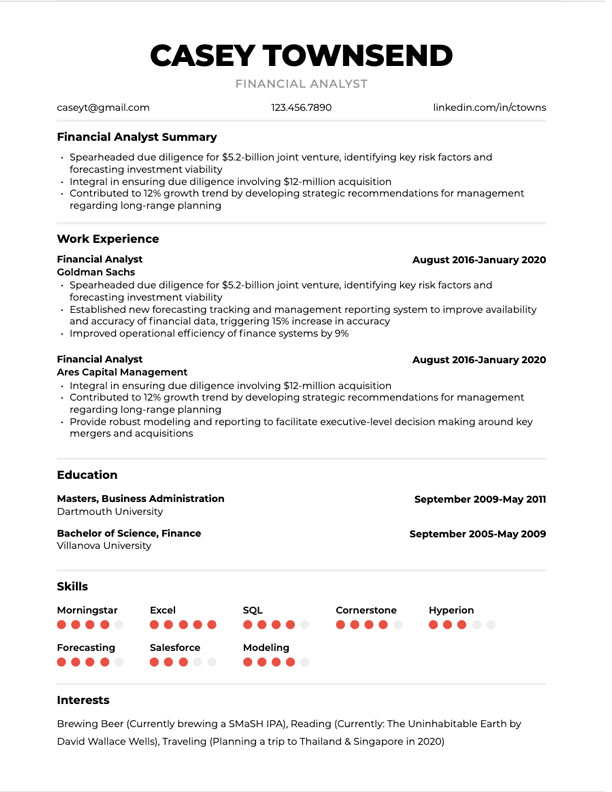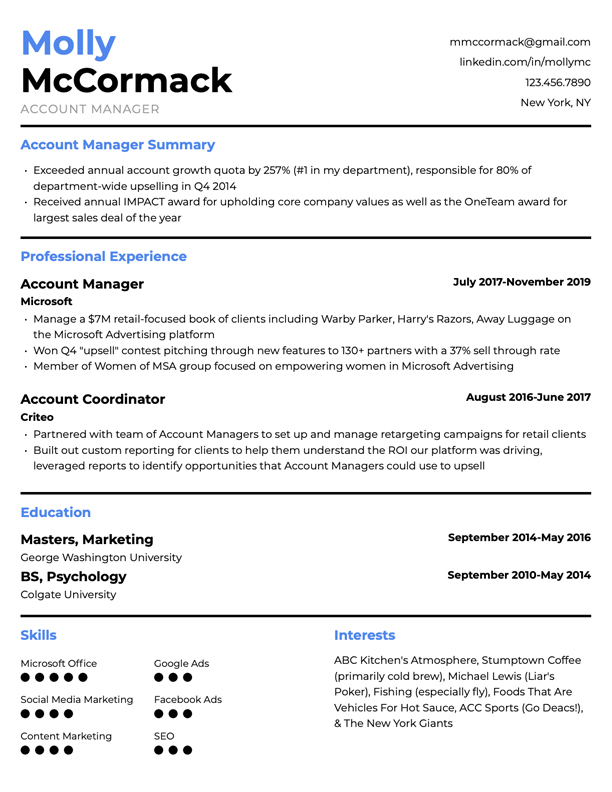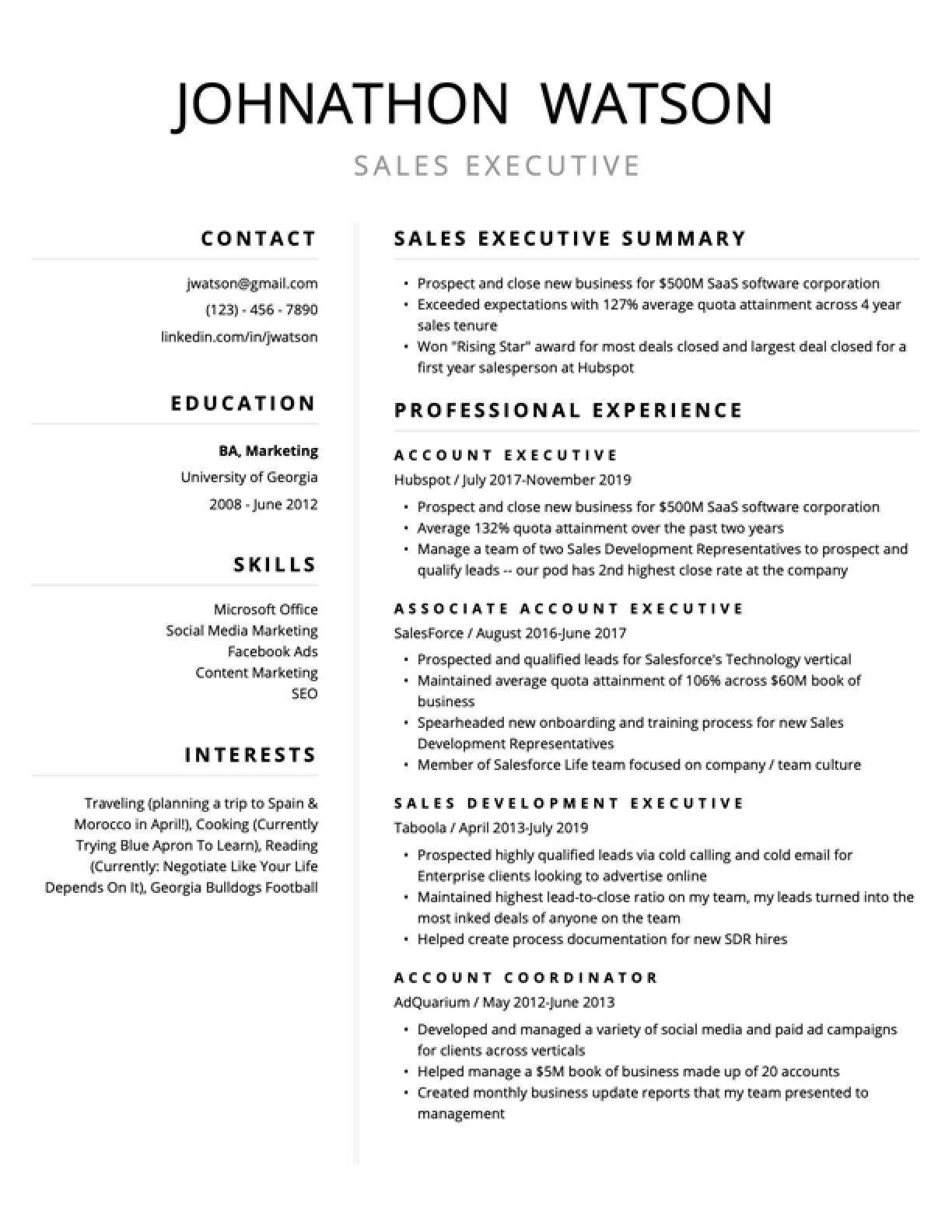If you’ve landed on this article, you probably have tons of questions about working in the telecommunications equipment industry and are wondering if this is a career path worth pursuing.
Good news – you have come to the right place! Whether you're an entry-level professional or well-established in another industry and looking for a career change, this article is for you!
In this article, we’ll be covering the following topics:
- What Is The Telecommunication Equipment Industry?
- What Companies Are In The Telecommunications Equipment Field?
- What Are The Job Options In Telecommunications?
- What Are The Skills Needed For Telecommunications?
- What Do Telecommunications Jobs Pay?
- Is Telecommunications Equipment A Good Career Path? (Our Verdict)
- How To Build A Job-Winning Telecommunications Resume
Let’s dig in!
What Is The Telecommunications Equipment Industry?
The telecommunications equipment industry consists of fabricating hardware and software that facilitates communication, such as routers, switches, fiber-optic cables, antennas, and mobile devices. This industry provides the critical infrastructure that powers everything from mobile networks to internet connections.
Companies in this field enable data, voice, and video transmission across global networks, supporting the digital economy and daily communication for millions of people.
What Companies Are In The Telecommunications Field?
Many companies operate in the telecommunications equipment industry. Here are some examples from different areas:
- Networking Equipment: Companies like Cisco, Juniper Networks, and Arista Networks provide networking hardware like routers and switches.
- Mobile & Wireless Equipment: Companies such as Ericsson, Nokia, and Huawei specialize in equipment for mobile networks, including 5G technology.
- Fiber Optics & Cable: Corning and CommScope are key players in fiber-optic cable production, essential for high-speed internet connections.
- Consumer Telecommunications Devices: Apple, Samsung, and Motorola produce mobile devices and accessories for consumers.
These companies are involved in various aspects of product development, innovation, and distribution to ensure that telecommunications equipment meets the needs of a connected world.
What Are The Job Options In Telecommunications?
When looking for jobs in the telecommunications equipment industry, you can either work in roles within the sector – for example, taking a Finance position at a company that operates in the field – or pursue a career path that directly contributes to product development, production, or distribution.
In this section, we’ll cover the most common jobs in the field.
Jobs In Product Development
Product development roles focus on the creation and improvement of telecommunications equipment. The most common roles in this area are:
- Product Manager: Oversees the development and lifecycle of telecommunications products from concept to market.
- Hardware Engineer: Designs and tests telecommunications hardware like routers and antennas.
- Software Engineer: Works on developing and optimizing network management systems and communication protocols.
Jobs In Manufacturing
Roles in manufacturing ensure that telecommunications equipment is produced efficiently and at scale. The most common roles in this area are:
- Production Supervisor: Manages daily operations in manufacturing facilities to ensure that production goals are met.
- Quality Assurance Specialist: Ensures that products meet quality standards before they are distributed to consumers.
- Supply Chain Manager: Oversees the logistics of sourcing materials and delivering finished products to retailers.
Jobs In Network Infrastructure
Network infrastructure roles focus on setting up and maintaining telecommunications networks. The most common roles in this area are:
- Network Engineer: Designs and maintains networks to ensure optimal performance.
- Field Technician: Installs and troubleshoots telecommunications equipment on-site.
- Project Manager: Coordinates infrastructure projects to ensure timely and cost-effective deployment.
What Are The Skills Needed For Telecommunications?
Learning the skills required for each position is very important. You might have to address some skill gaps or you may already have well-developed skills that you can leverage as you seek a new role.
Here are the required skills for the most common roles in the telecommunications equipment industry:
Entry-Level Roles:
- Technical Proficiency: Basic understanding of networking and telecommunications technology.
- Problem-Solving: The ability to troubleshoot and resolve technical issues quickly.
- Attention to Detail: Ensuring product quality and compliance with safety standards requires a high level of precision.
Mid-Senior Manager Roles:
- Leadership: The ability to lead, motivate, and manage teams across various functions, from marketing to production.
- Strategic Thinking: Developing strategies to improve product performance and adapt to customer demands.
- Project Management: Managing product launches and large-scale infrastructure projects from start to finish.
Mid-Senior Technical Roles:
- Engineering Expertise: In-depth knowledge of telecommunications hardware and software systems.
- Data Analysis: Using data to analyze network performance and improve system efficiency.
- Innovation: The ability to develop new product concepts or technology that meet customer needs.
Finding Your Fit With Telecommunications Roles
Want to find out if you are the right fit for a role in the telecommunications equipment industry?
We've got you covered.
Here's a simple, step-by-step guide to find out if you have the skills to take a new position in the telecommunications equipment industry!
- Head over to LinkedIn and search for telecommunications equipment industry roles.
- Copy the job description of the role that sparked your interest.
- Head over to ResyMatch.io (or use our shortcut below)
- Grab a copy of your most updated resume.
- Upload your resume on the left side.
- Paste the job description on the right side.
- Hit “Start Resume Scan.”
Boom! ResyMatch will compare and score your resume versus the job description and identify skill gaps.
ResyMatch will also provide best practices you can use to improve your resume and will ensure that your resume is ATS compliant (ATS is a software that recruiters use to track candidates through their hiring process).
Use our shortcut below to get started:
What Do Telecommunications Jobs Pay?
Now that we’ve covered the most common jobs in the telecommunications equipment industry, you might be wondering how much these roles pay.
To answer this question, let’s head over to one of our favorite tools for salary research: Glassdoor.
Glassdoor is one of the world’s top job and recruiting websites where users can anonymously provide information about their companies – including their current salary. Glassdoor provides an average salary range for various roles based on the information sent by its users.
According to Glassdoor, the base salary for the most common telecommunications equipment industry jobs in 2024 are:
- Product Manager: $95K – $161K / year base pay (USD)
- Hardware Engineer: $103K – $152K / year base pay (USD)
- Software Engineer: $94K – $145K / year base pay (USD)
- Production Supervisor: $56K – $82K / year base pay (USD)
- Quality Assurance Specialist: $50K – $82K / year base pay (USD)
- Supply Chain Manager: $88K – $138K / year base pay (USD)
- Network Engineer: $78K – $117K / year base pay (USD)
- Field Technician: $41K – $58K / year base pay (USD)
- Project Manager: $68K – $117K / year base pay (USD)
Best Paying Jobs In Telecommunications Compared To The Average U.S. Salary In 2024
Now, let's check what that looks like compared to the average U.S. salary.
According to the Social Security Administration, the average salary in the U.S. is $63,795.
This is what the best-paying jobs in the telecommunications equipment industry look like when we put them in perspective:
Product Manager, Hardware Engineer, and Software Engineer are the highest-paying roles in the telecommunication equipment industry, with an earning potential of up to 1152% higher than the U.S. average.
Is Telecommunications Equipment A Good Career Path? (Our Verdict)
Telecommunications is a good career path for people who have an interest in technology and network infrastructure.
Telecommunications equipment roles are essential for maintaining the flow of essential connectivity services to consumers. Companies like Cisco, Nokia, and Huawei are leaders in the field.
If you feel like this might be the career path for you, then be sure to dive into the next section where we will cover the best strategies to help you land a job in the field:
How To Build A Job-Winning Telecommunications Resume
Here's a fact most people don't usually realize: you don't need traditional experience to take on a new role.
You can leverage your unique background, experiences, and skills for nearly any position, as long as you sell it.
Think about your resume as an advertisement for yourself. Like any ad, you want it to be compelling and visually attractive, right?
That's exactly what you will do with your resume!
You will start by:
1. Leveraging The Best Keywords For Your Target Role
Remember ResyMatch.io, that resume and job description scanner tool we mentioned earlier in this article?
We first showed you how you can scan and compare your resume with your target job description to find out how your skills match the role.
However, if you don't have a resume yet, you can still get great insight from this tool by running a job description scan.
Here's how: head over to ResyMatch.io and, in “Scan Type,” select “Job Description Scanner.” Then, copy the job description for your target role and paste it into the box on the left.
ResyMatch.io will provide a list of hard and soft skills that apply to the role. You can use these skills as keywords when building your resume.
Skim through the list to get ideas for keywords you can leverage on your resume.
For example, let's say you are an innovative and analytical individual. Are there any previous experiences, personal projects, or even academic achievements that you can showcase in your resume to highlight these skills?
If yes, then make sure to include those on your resume and then move on to the next step:
2. Writing Compelling Resume Bullets
This is where you'll start crafting a resume that sells!
You'll want your resume bullets to have just the right amount of hard and soft skills, action words, measurable results, and common words.
This means a compelling telecommunications equipment industry resume bullet for someone applying for a Network Engineer role might look something like this:
Designed and implemented a new network architecture for a data center, reducing downtime by 20% and improving data transfer speeds by 15%.
This bullet focuses on specific hard and soft skills that apply to a Network Engineer, while also showcasing measurable results!
To help you write the perfect resume bullet, we've created ResyBullet.io, a free resume bullet analyzer that helps you write your resume in a way that grabs attention and illustrates value. Simply copy and paste your resume bullet below to begin your analysis:
ResyBullet will analyze and score your resume bullet and give you actionable insights for improvement.
Here's how our telecommunications equipment industry resume bullet scored on ResyBullet:
If you're a visual learner, check out our video that walks you through the step-by-step of writing a crazy-effective resume bullet:
3. Make Your Resume Visually Appealing
The last step is to take all of your content and apply it to a layout that is both easy to read and visually appealing. We recommend using a resume template so you can save the time you would normally spend designing your resume and instead allocate it to other high-value activities in your job search (like interview prep and networking).
You can use ResyBuild.io, a free resume builder, to easily build and customize your resume in no time. Just pick one of the templates below and get started:

Free Job-Winning Resume Templates, Build Yours In No Time.
Choose a resume template below to get started:
Choose from 8 proven templates and easily create, edit, and customize your resume. ResyBuild's AI assistant also helps you craft personalized, job-winning bullets in a single click. Simply add your experience, hit “Optimize”, and watch the magic happen.
Ready To Pursue A Telecommunications Equipment Career Path?
Then check out our No Experience, No Problem course and access a proven framework for building the skills and results you need to break into a new industry (even if you have absolutely no relevant experience right now)!











































